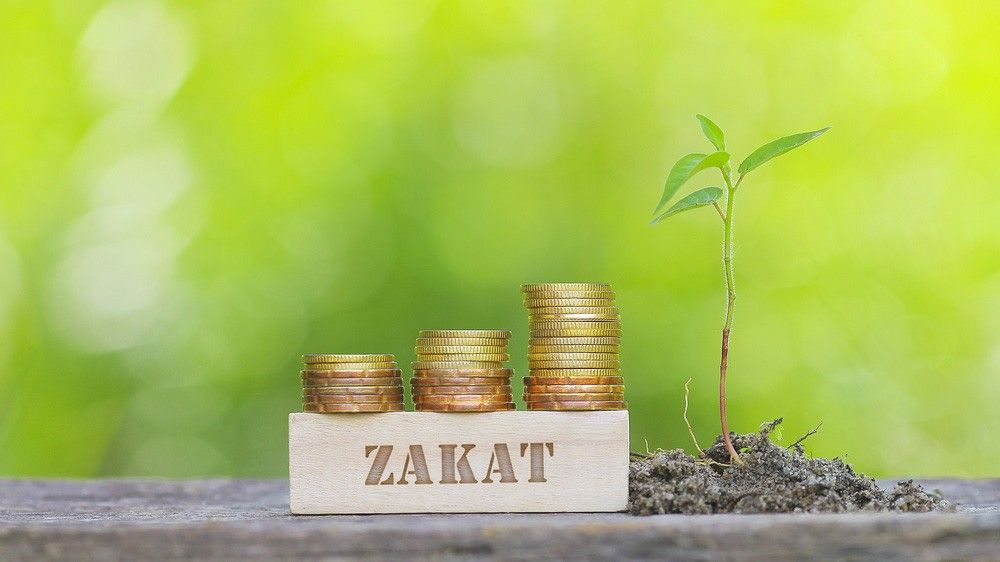- Zakat linguistically, means to grow, increase, purify, and praise.
- Zakat is legislated by the Quran, the Sunnah and the consensus of Muslim scholars.
- Zakat is an obligation. It is the right of specific categories of people (8 categories mentioned in the Quran) upon those who have certain types of wealth, such a gold/silver, livestock, merchandise for sale, etc. This right is due at a specific time (ex, the Zakat on crops is due upon harvest, while merchandise requires the passing of one lunar year of ownership).
- Zakat is an obligation on Muslim adults who are sane and whose wealth has reached the threshold (Nisab) legislated by the Sharia.
- Another condition of Zakat is complete ownership and control over the wealth. This means the owner can freely use or invest the wealth. This excludes wealth that cannot be accessed or managed like pension plans, wealth owned by non-profit organizations, charities, and endowments, security deposits, and advance payments through contracts.
- Locked-in investment funds such as registered savings plans are subject to Zakat according to the International Islamic Fiqh Academy after taxes and penalties. For example, if $10,000 is held in RRSP, and the tax rate is 30%, only $7000 will be subject to Zakat.
- The wealth of children is subject to Zakat according to most scholars. This is the position of Imams Malik, Shafi’i, and Ahmab ibn Hanbal and was the practice of senior companions. This means that the education funds saved for children and other savings allocated for children, are subject to Zakat. The guardian or parent is required to pay.
- The threshold (Nisab) for currency and merchandise is the value of 85 grams of gold (85 grams of gold ́ $77.53 per gram = $6,590.051*). This wealth must be possessed for one full lunar year. If it is farm crops, it must reach 653 kg.
- Some scholars use the value of 595 grams of silver as the threshold for Zakat. However, this comes out to about $600, and a person could own that much and still be poor and eligible to receive Zakat. Most Fiqh Councils use the gold to determine the threshold.
- The percentage to be paid is 2.5% of your wealth. (for example, for $10,000, Zakat is $10,000 ́ 2.5% = $250).
- If using the solar year, they can pay 2.577% rather than 2.5% to account for the difference in lengths of the lunar and solar calendars.
- There is no Zakat on permissible jewelry. This is the position of Ahmad Ibn Hanbal, Malik, and Shafi’i. This was also the practice of the following companions: Aisha, Jabir, Asma, Abdullah ibn Umar.
- A useful took for Zakat calculation is found on the National Zakat Foundation website.
- For more information, you can contact the Fiqh committee at fiqh@miaonline.org.
* At the time of writing in Ramadan 1443/2022

